Adaptation Studies and Learning
New Frontiers
Laurence Raw and Tony Gurr

THE SCARECROW PRESS, INC.
Lanham Toronto Plymouth, UK
2013
Published by Scarecrow Press, Inc.
A wholly owned subsidiary of The Rowman & Littlefield Publishing Group, Inc.
4501 Forbes Boulevard, Suite 200, Lanham, Maryland 20706
www.rowman.com
10 Thornbury Road, Plymouth PL6 7PP, United Kingdom
Copyright 2013 by The Scarecrow Press, Inc.
All rights reserved. No part of this book may be reproduced in any form or by any electronic or mechanical means, including information storage and retrieval systems, without written permission from the publisher, except by a reviewer who may quote passages in a review.
British Library Cataloguing in Publication Information Available
Library of Congress Cataloging-in-Publication Data
Raw, Laurence.
Adaptation studies and learning : new frontiers / Laurence Raw, Anthony Gurr.
pages cm
Includes bibliographical references and index.
ISBN 978-0-8108-8793-0 (pbk. : alk. paper) ISBN 978-0-8108-8794-7 (ebook)
1. LiteratureAdaptationsHistory and criticism. 2. Film adaptationsHistory and criticism. I. Gurr, Anthony, 1965. II. Title.
PN171.A33R39 2013
809dc23
2012044727
 The paper used in this publication meets the minimum requirements of American National Standard for Information Sciences Permanence of Paper for Printed Library Materials, ANSI/NISO Z39.48-1992.
The paper used in this publication meets the minimum requirements of American National Standard for Information Sciences Permanence of Paper for Printed Library Materials, ANSI/NISO Z39.48-1992.
Printed in the United States of America.
Acknowledgments
This book would not have been possible without the help of many individuals and institutions who helped us in a variety of waysthrough feedback and support as well as providing us with the opportunities to experiment with some of our ideas.
Laurence would like to thank the Board of Directors of the Literature/ Film Association, especially Jim Welsh and Cindy Miller, who gave him the chance to discuss the relationship between adaptation studies and psychology at their annual conference at Central Connecticut State University. Two TomsPrasch and Leitchoffered valuable comments about the role of Darwin in adaptation. John C. Tibbetts offered trenchant observations as usual. Laurence also pays tribute to the Adaptation Studies section of the Southwest Texas Popular Culture Associationparticularly Lynnea Chapman Kingwho gave him the chance to experiment with his ideas further in the historic surroundings of Albuquerque.
Tony thanks Georgine Loacker, Marcia Mentkowski, and the faculty at Alverno College in Milwaukee and Terry OBanion, Phil Race, Peter Koestenbaum (a real educator who gave a stranger two hours on his 80th birthday just to chat on Skype), and Peter Blockfor LEARNing him about LEARNing and QUESTIONing! He also pays tribute to all the LEARNing teachers at Anadolu University, Ankara University, Gazi University, Kltr University, Maltepe University, and Middle East Technical University, who opened their arms and hearts when he returned to Turkey in 2009. A special note of thanks goes to ada (Gven ada Gndodu)for believing in and questioning himself enough to make the kind of difference we all can make, and allowing us to share his narratives and evolving reflection.
The ideas in the translation/adaptation chapter were first discussed at the Sixth Annual Conference of the Association of Adaptation Studies at the Anadolu Klb (Anatolian Club) in stanbul. Our thanks to Gnseli Snmez si, Deborah Cartmell, Imelda Whelehan, and Jeremy Strong for helping to make that event such a success, both intellectually and organizationally. Some four months later, Laurence went to a one-day conference at De Montfort University, Leicester, to deliver a piece on adapting history, where he had the chance to discuss his ideas with Alun Munslow, Deborah Cartmell, Christophe Collard, Claire Monk, Sarah Gilligan, and Isobel Johnstone.
Other universities provided valuable opportunities to discuss our ideas further through invited talks. Laurence enjoyed a wonderful couple of days at Texas A&M University, where the project on The Sixties formed a major topic for discussion. Thanks go to Gerald Duchovnay, Chuck Hamilton, Eric Gruver, and Hayley Hasik, as well as the other learners in the group who provided such stimulating companyboth during the lectures and afterward in a local diner. He also would like to thank Dennis Cutchins of Brigham Young University, Utah, for a stimulating couple of days of lectures.
Finally, Laurence would like to thank his family, notably Meltem and his niece Ilgaz, as well as the staff of F and Garden bars in Ankara, which provided such congenial surroundings for many of our learning conversations. Tony thanks Clement Doddfor introducing him to allthingsTurkey, showing him how to read more than is humanly possible in 24 hours and for helping him find his soul mate on the other side of Europe. Nazla soul mate who is the best natural counselor I have ever had the pleasure of being married to and the mother of the best big, little girlever! And we both thank George Lucas!
Chapter 1
Learning Adaptation
The discipline of adaptation studiesif it can be described as suchhas come a long way since the journal Literature/Film Quarterly was established, designed to show how cinematic texts altered their literary sources and transformed them into products designed for mass audiences. In recent years in particular, there has been an explosion of theoretical texts, including Julie Sanderss Adaptation and Appropriation (2006), Jack Boozers collection Authorship in Adaptation (2008), Phyllis Frus and Christy Williamss Beyond Adaptation (2010), MacCabe et al.s True to the Spirit (2011), and Simone Murrays The Adaptation Industry (2012). Thomas Leitchs Film Adaptation and Its Discontents (2008) talks in general terms about the ways adaptation can inspire critical literacy among learners (Leitch 9). He reflects on the relationship between learning and teaching from a discipline-specific perspective: as with other adaptation studies specialists, his principal focus of attention lies in the ways in which a variety of source materials have been transformed into films, plays, television programs, and other media texts.
While much of this critical literature has advanced our understanding about how and why texts are adapted, adaptation studies as a discipline remains preoccupied largely with literature, film, media, and theater. This book looks at adaptation studies in much broader terms as an active process determining every aspect of our lives as we come to terms with the world around us. Through adaptation, we learn how to make connections between ourselves and the people around us, analyzing problems and their causes and finding solutions while engaging critically with various texts in different walks of life. The genesis of this approach can be found in Charles Darwins The Origin of the Species (1859), which proposed that evolution was due to chance mutations, a method for selection generated by the organism, and that mutations better adapted to their respective environments would survive. He viewed behavior and the organism as a system: any change in that system would result in other changes as behavior balanced the structure of the organism against the characteristics of the environment. Darwin described the method for selection as an active process, where organisms participated in a daily and hourly scrutinising... rejecting that which is bad, preserving and adding up all that is good; silently and insensibly working, whenever and wherever opportunity offers at the improvement of each organic being in relation to its organic and inorganic conditions of life (

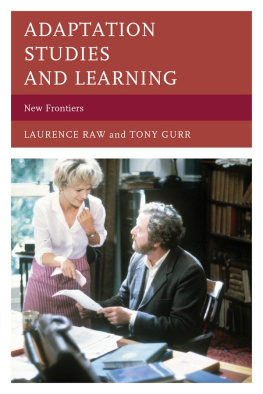
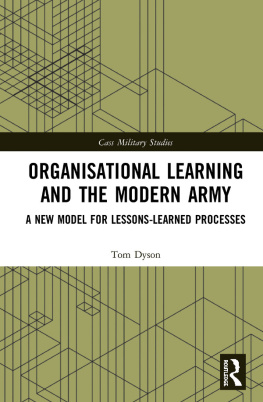
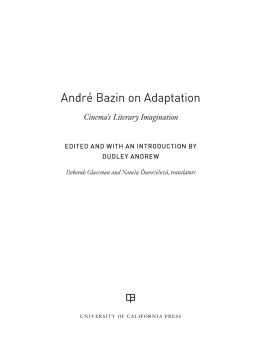
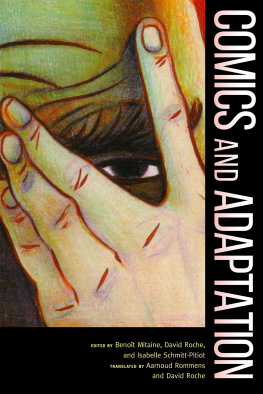
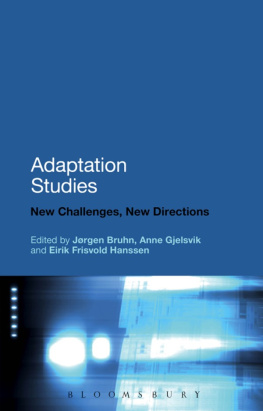
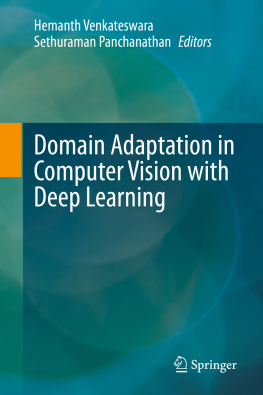

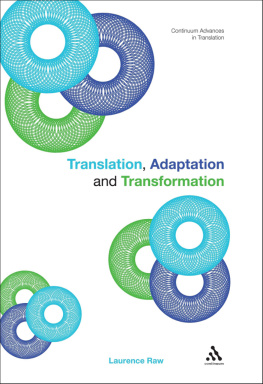
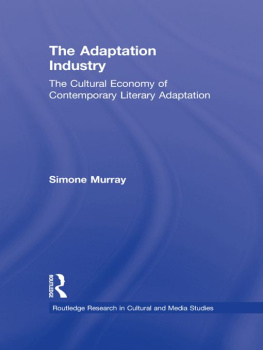
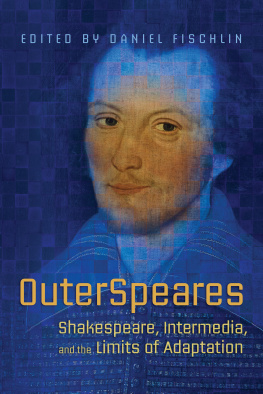
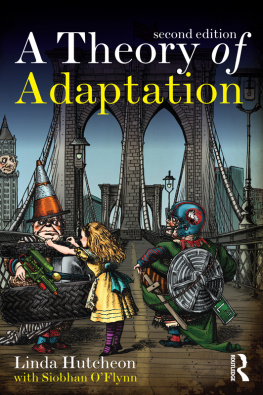
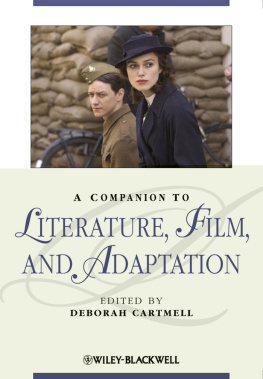
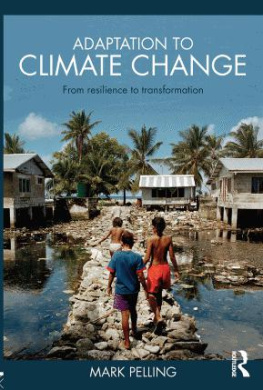

 The paper used in this publication meets the minimum requirements of American National Standard for Information Sciences Permanence of Paper for Printed Library Materials, ANSI/NISO Z39.48-1992.
The paper used in this publication meets the minimum requirements of American National Standard for Information Sciences Permanence of Paper for Printed Library Materials, ANSI/NISO Z39.48-1992.